I was at the 31st edition of the National Association of Petroleum Explorationists (NAPE) annual conference and exhibition which held from the 10th-14th November . This was my first experience of this largest gathering of Nigerian geoscientists related to the Petroleum Industry and it was an opportunity to feel the pulse of the Nigerian oil industry as well as meet old classmates and acquaintances.
The conference theme -Stimulating Exploration and Reserves Growth in a Maturing Basin- was indicative of what is on the mind of those involved as well as observers of the Nigerian industry. The Nigerian oil industry has been shrinking. It is an open secret that the major international oil companies (IOCs) are divesting their (especially onshore) assets. More alarmingly exploration activity in frontier areas (Deepwater Niger Delta, Benin Basin and the inland basins) have waned. Among the IOC staff there’s a certain tension and insecurity as divesting implies downsizing (Shell for instance plans to cut 70% of staff ). Added to this is the significant drop in Nigerian oil production related to insecurity and oil theft and the concurrent growth and emergence of competitors in West (Ghana, Cote d’Ivoire and Liberia), Central (Angola, Gabon and Equatorial Guinea) and East (Kenya, Uganda, Tanzania nad Mozambique) Africa. There certainly were many points to ponder.
The seriousness of the situation was not lost on the Keynote speaker Elijah White Jr. the Vice President (Geosciences) of Exxonmobil Production company who did not mince words on where the solution lies and the danger for Nigeria if the solution is not applied as soon as possible. In his short but very revealing address he spoke first about the phenomenal growth in US oil production due to the contribution of unconventional sources of petroleum by the fracking process. The US will by 2015 become the largest producer of oil and by 2030 become a net exporter of oil. Worldwide demand for oil will continue to grow with China and India growing to become major consumers.
He talked about the worrying trend in the Nigerian oil industry with production unstable and exploration (especially in deepwater areas) dropping significantly. This has led to leveling out in the growth of our oil reserves. All this is coupled with the exploration successes in Angola (gradually catching up to Nigeria in production and size of proven reserves) and more recently Ghana. The bottom line is that we have competitors; and with 95% export earnings and 40% of government revenue still coming from oil, a heavy shock will have serious effects on our economy.
Why is this a worrying trend? Almost everyone sitting in that hall knew the answer, but he said it anyway: an uncertain investment climate. He spoke of how a stable fiscal environment and government policy led to the successes in Angola and growth in non conventional production in the US. His conclusion was that a “stable fiscal and regulatory regime” with “globally competitive terms” as well as access to low-cost resources will lead to “secure competitive supplies and economic growth.”
At that point it the address you could hear the murmurs of agreement and the whispers of ‘PIB’. It is clear that investors are waiting for the passage of the long overdue ( last government major government decision on policy in for the oil industry was passed in 1993!) Petroleum Industry Bill (PIB). I strained my neck at that point to see if the special guest of honour and Honourable Minister of Petroleum, Mrs. Diezani Allison-Madueke had arrived and was listening. Sadly she did not show nor did she send a representative or an apology (I hear this is a very common occurrence). Mr Elijah White was probably also disappointed.
The message was clear. Something needs to be done remedy the Nigerian oil industry. Whether the government has the sufficient will to push reform is another question. With the level and the scale of corruption it wouldn’t be surprising that many profiting from the status quo would fight reform.
Speaking about this to some friends outside the oil industry the opinion was that maybe the shock of a crash might be the only thing capable of cleaning up the oil industry. If we realize that revenues from the oil industry are certainly not infinite then and only then will we be forced to focus on other largely neglected resources which would benefit a larger number of Nigerians rather than only a privileged (and currently insecure) few lucky to work for an IOC.
These are certainly interesting times for the country. I just downloaded a copy of the PIB and have started going through the (very long) document. We are not as secure as we want to believe. The onus certainly lies on our government to do the needful.
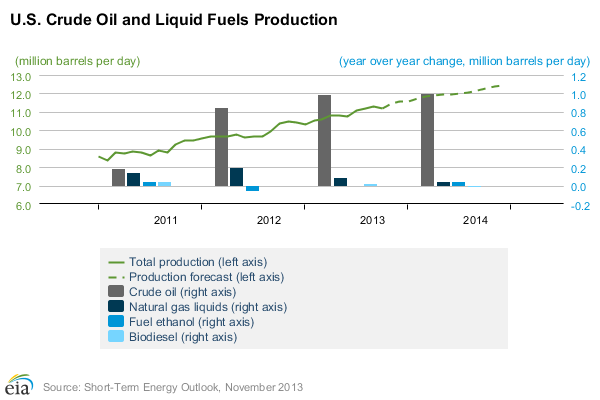
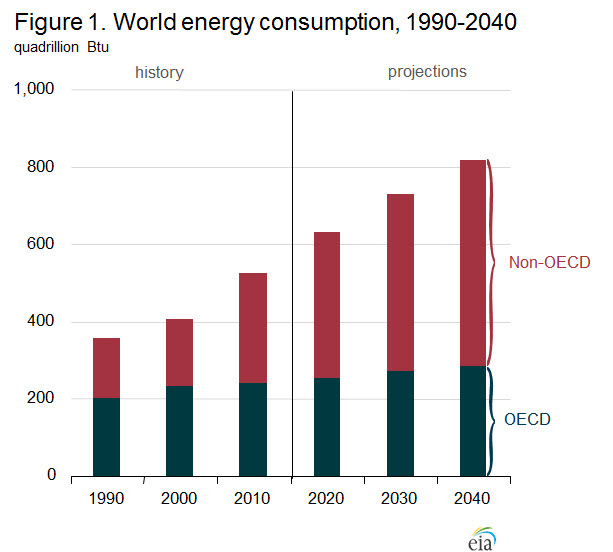
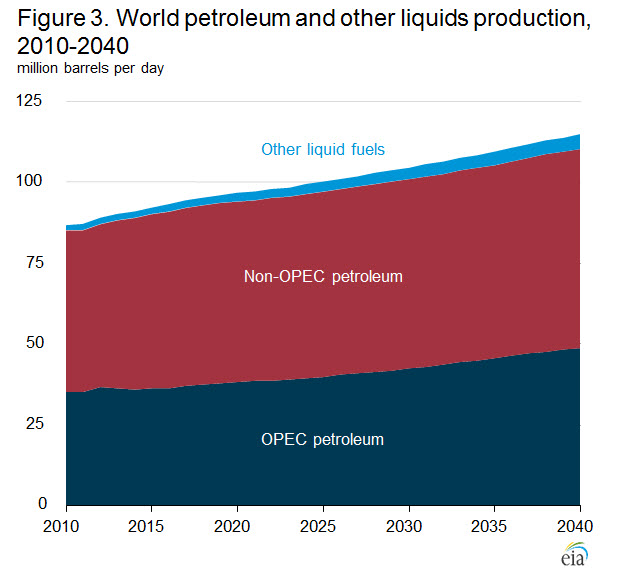
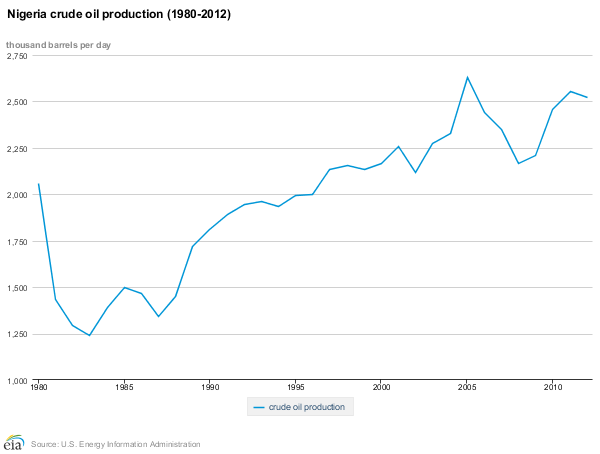
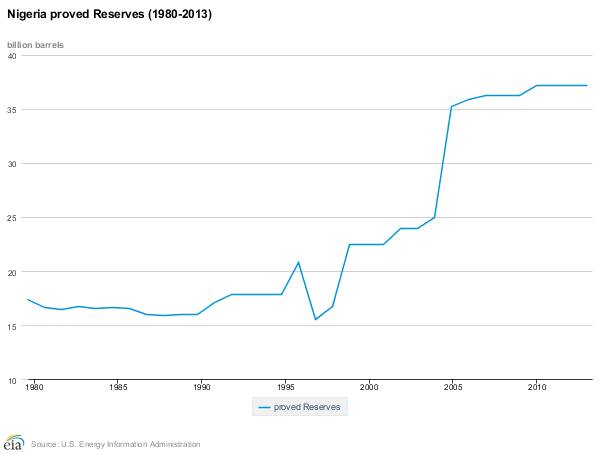


Hmmm…true and valid observations on the current situation of things in the oil sector as well as the inevitable and impending disastrous future of our economy, if the government continues with its present irresponsible attitude. I was also at the conference, and the absence of the tactless minister of petroleum validates the fact that people like her are not the type that Nigeria needs to break out of its numerous stymieing challenges. Her absence also shows the deep disregard of the Nigerian government for relevance of science and technology. It is as though our government believes the success and sustainability of oil exploration is driven by politics and not by the hard work of brilliant geoscientists and engineers; ‘cos if the minister understands and values the worth of scientists in a society, she wouldn’t have been absent from such a gathering as NAPE national conference without sending an apology and a representative.